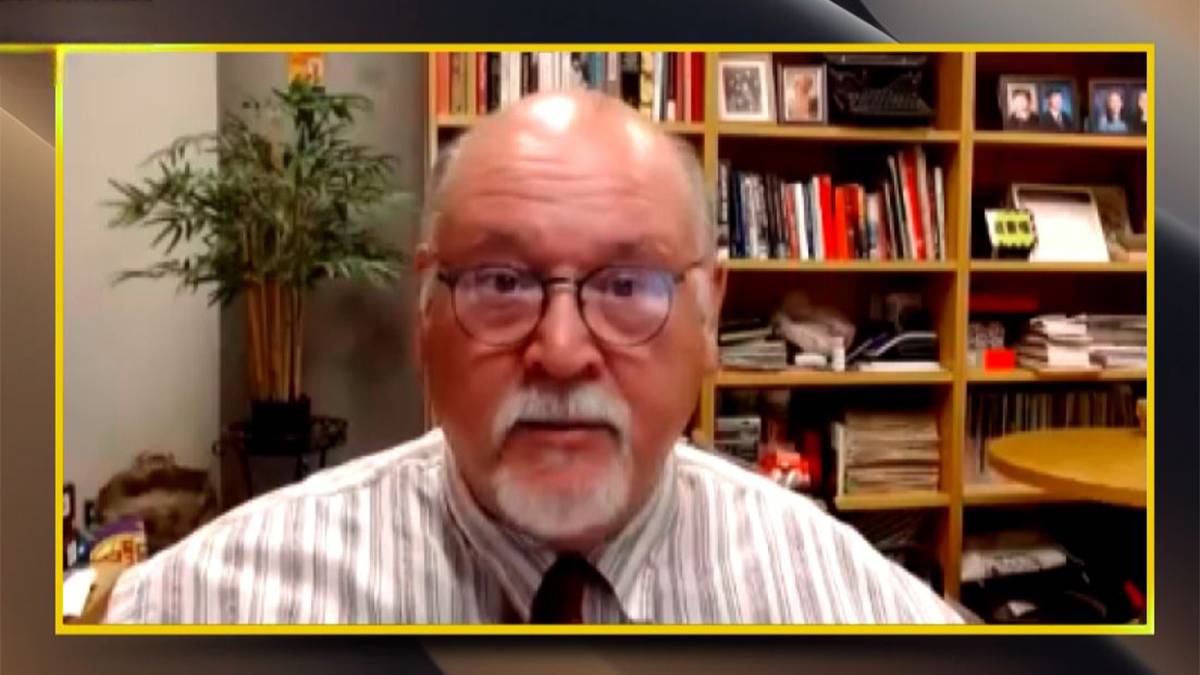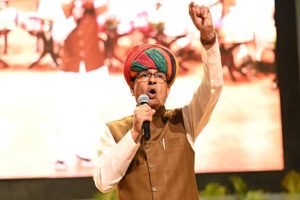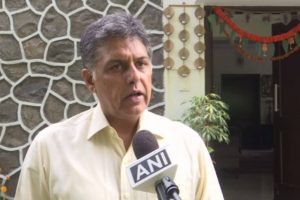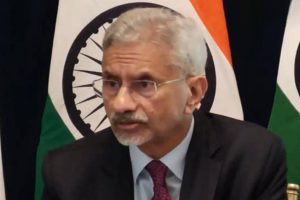American academic and veteran journalist Terril Jones has shed light on the complexities of India-US relations under the Trump 2.0 administration, noting that former US President Donald Trump took a personal offense when Prime Minister Narendra Modi did not support his bid for a Nobel Peace Prize.
In an interview with ANI, Jones described Trump’s leadership style as one marked by abrupt policy shifts. “Policies do change quickly and are adapted quickly,” he said, emphasizing that unpredictability was a hallmark of the Trump administration.
According to Jones, Trump sought to establish himself as a global peace broker, including by claiming credit for easing tensions between India and Pakistan. However, Modi strongly dismissed those claims, reiterating India’s stance that all matters with Pakistan are to be resolved bilaterally.
“Donald Trump was pushing that narrative and hoping Prime Minister Modi would nominate him for a Nobel Peace Prize. When that didn’t happen, he took it personally and reacted with tools at his disposal—tariffs. As he has often said, he thinks the word tariff is the most beautiful word in the English language,” Jones explained.
On broader geopolitical shifts, Jones highlighted that Chinese President Xi Jinping, now in his third term, increasingly views China as a global leader. He noted the warm reception Modi received at the SCO summit in Tianjin, interpreting it as part of an ongoing realignment in Asia.
“Xi Jinping and Modi can leverage their combined strength—representing nearly 3 billion people—to push back against the US. They can signal that unless Washington engages on more favorable terms, India and China could work together to secure benefits for themselves,” he said.
Jones further stressed that Washington’s approach has become “a lot less predictable” and that Beijing no longer wants the US dictating terms.
Jones added that Trump’s strategy often involves setting high demands, then negotiating down before declaring victory. “That may be what he’s doing now,” he remarked.
With nearly four decades in journalism—including stints in Japan, China, France, the UN in New York, Detroit, and Silicon Valley—Jones is now teaching international journalism.





